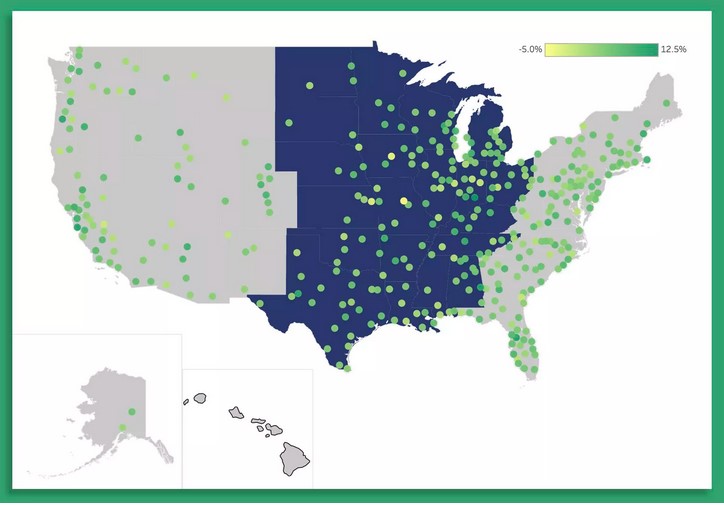֎ Speculations about the future of Christianity drew interest. If the Trinity disappears, Armageddon will ensue. Mariner is not in a position to reconcile such a difficult question so he will throw some logs on the fire.
Log 1 – In the local newspaper today was an article about a Roman Catholic priest here in the US. He was in deep trouble because many parishioners had to re-baptize their babies because the priest said, “We baptize you in the name of the Father, the Son and the Holy Ghost.” Turns out the Vatican said this is improper because it is the spirit of Jesus only who baptizes; the priest should have said ‘I’. Calculate the amount of grace, dare mariner say God’s grace, that was demonstrated in the strict interpretation. Define aquarium. Define spiritual.
Log 2 – Just in his small town mariner counted five people who never go to church but are known for their good works and their commitment to help others. One of these people is older than mariner and when there is a snowstorm will get out his tractor and clear 19 driveways in town, mostly those who cannot do it themselves. Can the two Great Commandments be defined in other belief systems that do not have a spiritual deity?
Log 3 – There is a hairdresser who takes one workday each week to work in retirement homes. Does this woman go to church? Define Holy Spirit.
– – – –
On to other matters:
More companies are using AI-led video interviews to assess job candidates before a  human recruiter even meets them. Some automated programs evaluate not just on answers to questions, but sometimes on facial expressions, intonation and word choice.
human recruiter even meets them. Some automated programs evaluate not just on answers to questions, but sometimes on facial expressions, intonation and word choice.
Remember Nadine?
Here in Iowa mariner had another snowstorm yesterday. The ground is covered in snow and ice; bitter breezes prevail; many winter chores remain undone. Nevertheless, four weeks from now the early vegetables like lettuce can be planted; is the asparagus bed ready? Clean the greenhouse and pots; repair garden tools. Get ready, gardeners.
Ancient Mariner


 Christianity is the most spiritual. To be a Christian requires an eagerness to put aside one’s own sense of accomplishment and replace it with enabling success in others. The theological basis is a spiritual relationship – a partnership – with God, Jesus and the human Christian; scripturally called the Trinity. In 2014 Paul Harvey, a conservative talk show host on radio, said “Too many Christians are no longer fishers of men, but the keepers of the aquarium.” – clearly a recognition of an evaporating spiritual element in Christianity.
Christianity is the most spiritual. To be a Christian requires an eagerness to put aside one’s own sense of accomplishment and replace it with enabling success in others. The theological basis is a spiritual relationship – a partnership – with God, Jesus and the human Christian; scripturally called the Trinity. In 2014 Paul Harvey, a conservative talk show host on radio, said “Too many Christians are no longer fishers of men, but the keepers of the aquarium.” – clearly a recognition of an evaporating spiritual element in Christianity.